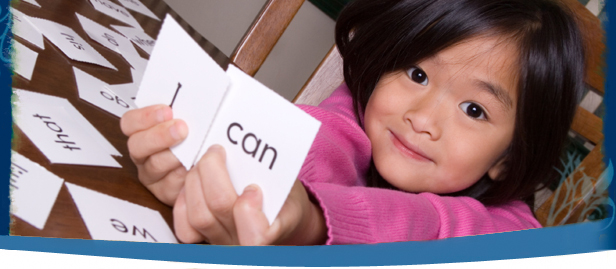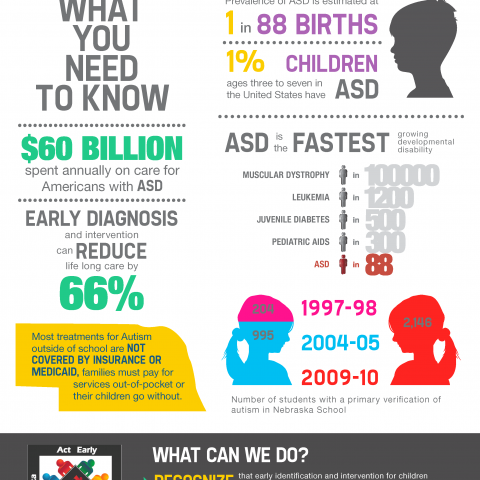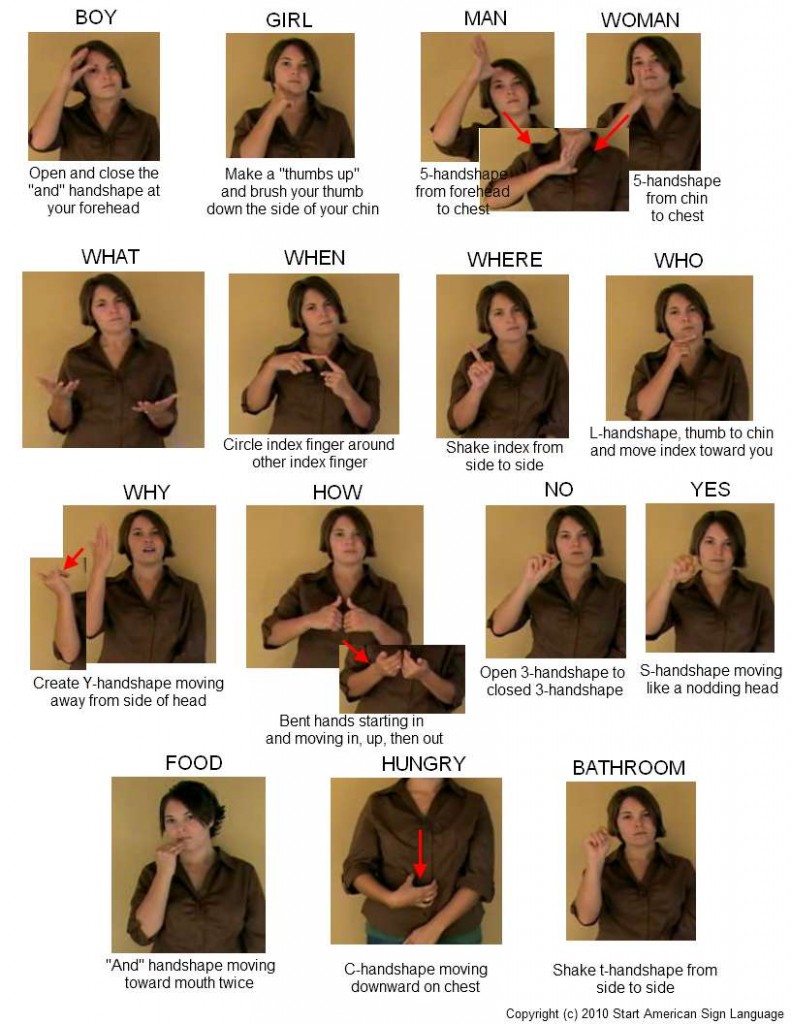Did you know that at-home speech therapy for kids can actually begin in the womb as part of your pregnancy care routine? It’s true – and even young children without speech delays or similar issues can benefit from speech therapy techniques to encourage language development. These speech therapy techniques can start before your child is even born. One of the hot trends in pregnancy care, other than loading up moms-to-be with eco-friendly gifts, is putting a headset on a pregnant belly and exposing the fetus to Mozart or Beethoven. And yes, the fetus can hear that and learn from it. But a recent scientific study reveals that a fetus actually begins learning individual sounds in the womb.
Raising Special Needs Kids in NYC: Must-Try Resources for Parents
State ResourcesFamilies with special needs kids are often on the hunt for new resources, new speech therapy techniques, and more advocacy groups that can help their youngsters. If you live in New York City, there is a wealth of local resources that can help you. New York City is famous for many things: its stereotypically unfriendly denizens, its dangerous subway platforms, and its air pollution that blocks the starry night sky and inspires neon substitutes. It’s not often thought of as a great place to raise kids, particularly special needs kids. But if you know where to look, there really are lots of resources in NYC to help your family. This guide to raising special needs kids in NYC takes the work out of the search; check out our recommended resources below.
Special Needs Kids & Parents in Nevada – Get Help Here!
State ResourcesParents of special needs kids have a lot on their plates. They’re driving the kids to and from doctor’s appointments, learning about the latest speech therapy techniques, and preparing for yet another Individualized Education Program (IEP) meeting. So we thought we’d lend a helping hand by providing this guide to local resources for parents of special needs kids in Nevada. If you live in Nevada, there is a wealth of resources at your fingertips. One of those resources is Project ASSIST. Read on to find out more…
Wondering How Autistic Kids Develop Language?
NewsParents of autistic kids may sometimes express frustration that it is difficult to understand what’s going on inside their children’s minds. Some autistic kids are completely nonverbal, meaning that they don’t speak at all. While speech therapy techniques can help autistic kids, we still don’t know nearly as much about autism spectrum disorder (ASD) as we should. Some people have suggested that one of the communication problems between autistic and neurotypical people is that autism has an entirely unique language all its own. This doesn’t seem too far-out when you consider that, if you’re not a computer programmer, you might have difficulty understanding the computer geek at the office holiday party who is talking a mile a minute about MySQL performance analysis with TCP/IP network traffic. (Still don’t believe me? Check out this New York Times article on Amanda Baggs, who is nonverbal, but has a “constant conversation with… (her) environment.”)
Speech therapy has definite benefits for children with autism. A speech-language pathologist (SLP) can help a nonverbal child use an augmentative and alternative communication (AAC) device. Those who struggle with articulation may benefit from Speech Buddies. But we definitely need to know more about this disorder, and researchers have risen to the challenge.
Special Needs Kids Can Get a Boost from AAC Devices in the Home
Speech Therapy TechniquesSpeech therapy techniques like Speech Buddies can help special needs kids achieve clear articulation, but what about those who are nonverbal or those who have extremely limited speech abilities? Your child’s speech-language pathologist (SLP) might recommend the use of an augmentative and alternative communication (AAC) device. An AAC device is any tool that facilitates nonverbal communication. An AAC device may be an aided device, which means that it is an actual, physical object like an electronic reader or the picture exchange communication system (PECS). Or an AAC device may be unaided, which means that the child uses facial expressions, gestures, or sign language to communicate. Talk to your child’s speech therapist about whether an AAC device may be right for him.





